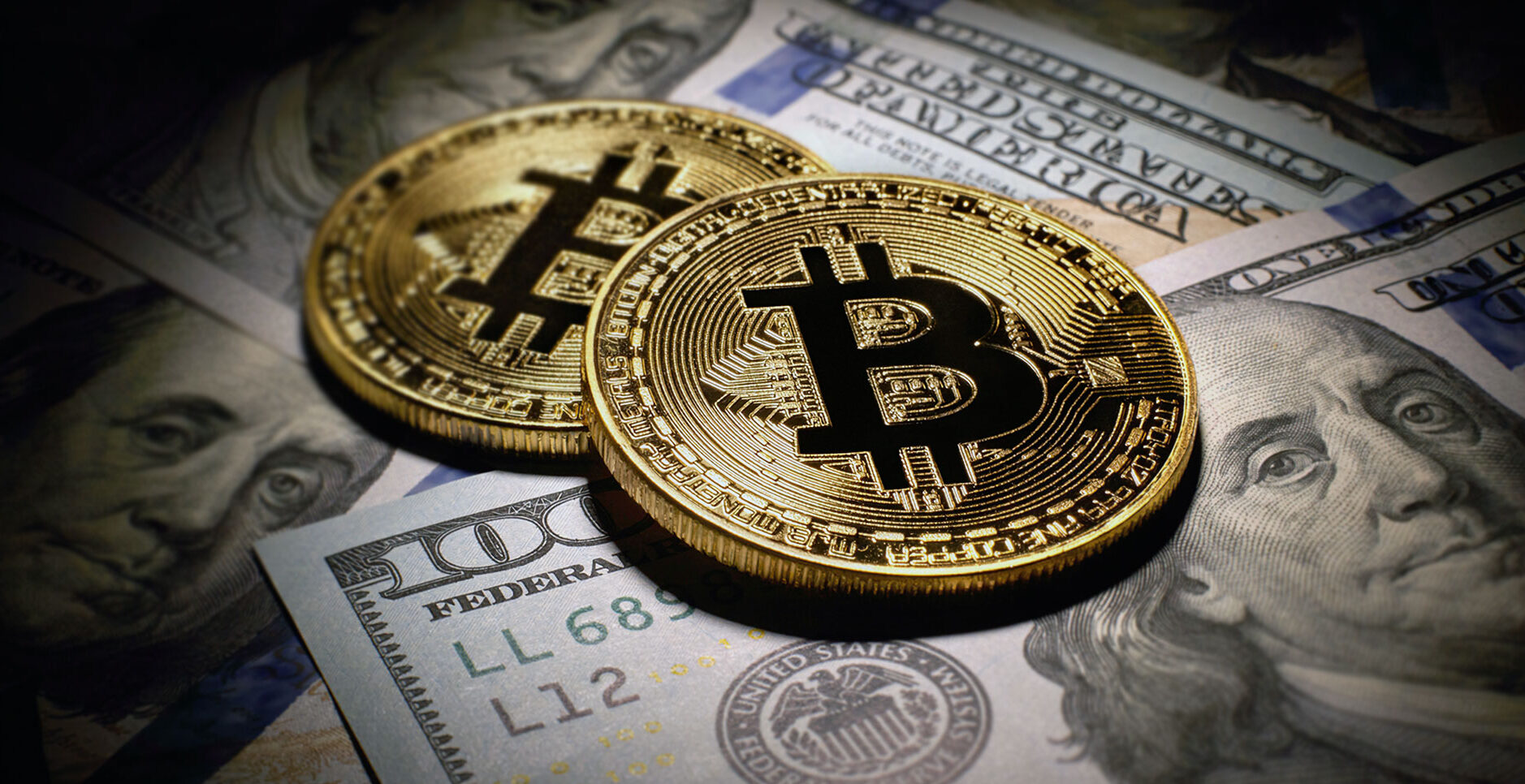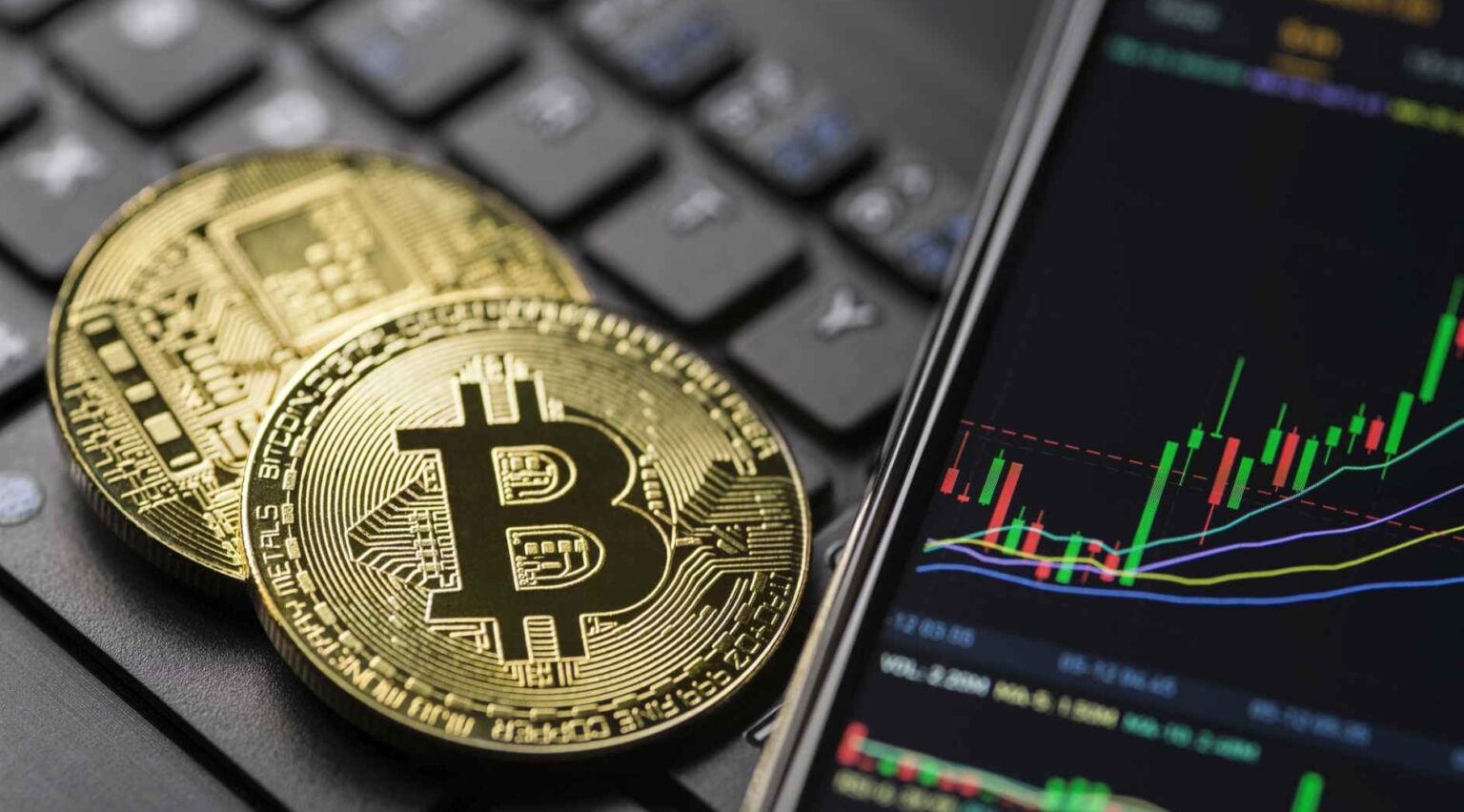Originally presented in 2009 by the enigmatic Satoshi Nakamoto, Bitcoin transformed the idea of money by establishing a distributed digital currency free from any central government. From a small technological curiosity ten years ago, Bitcoin has developed into a key actor impacting world banking, investment policies, and legal systems. Being the most well-known and often used cryptocurrency, Bitcoin news stays a major focus of interest for legislators, financiers, and techies alike.
Operating on blockchain technology—a distributed ledger transparent, secure, and unchangeable— Bitcoin is This basic invention removes middlemen like banks, therefore facilitating peer-to-peer international transactions. With a limited supply of 21 million coins and rising demand, many people view Bitcoin as a kind of “digital gold,” a counterpoint against inflation and currency depreciation.
Bitcoin Market Trends Overview
Given its infamous price volatility, Bitcoin’s market path is often under close examination. Macroeconomic conditions, investor attitudes, and technological adoption have caused huge swings in recent years, influenced by various external factors. The increasing institutional investment—including big companies like MicroStrategy and Tesla—has given the Bitcoin market fresh credibility and liquidity. Rising inflation and geopolitical concerns have molded Bitcoin’s price swings over 2024 and into 2025, therefore influencing the world economy. Demand for Bitcoin is driven by investors seeing it as a store of wealth under unknown circumstances.
The expansion of Bitcoin futures and exchange-traded funds (ETFs) is also enabling simpler access for institutional investors and increasing market involvement. El Salvador’s official acceptance of Bitcoin as legal money in 2021 signaled a momentous change in regional adoption patterns that continues today. Recognizing Bitcoin news potential to enhance financial inclusion and stimulate economic growth, several other nations are exploring similar projects.
Regulatory Landscape Shaping Bitcoin
One of the most important factors influencing Bitcoin news future is still regulation; hence, regular updates for Bitcoin news depend on news about regulations. Reflecting different concerns about consumer protection, financial stability, and innovation, different governments approach Bitcoin control in different ways. Focusing on investor safety and market integrity, the Securities and Exchange Commission (SEC) of the United States keeps elucidating the regulatory situation of cryptocurrencies. Taxation, investment products, and exchanges all depend on the argument of whether Bitcoin qualifies as a security or a commodity. China’s ban on Bitcoin mining and trading has meanwhile led miners to move to more friendly areas, including North America and Central Asia.

This migration has changed the global mining power distribution and affected network decentralization. The Markets in Crypto-Assets Regulation (MiCA) is expected to create a consistent regulatory framework in Europe, providing legal clarity that can increase industry trust and development. GGlobally, authorities such as the Financial Action Task Force (FATF) emphasize anti-money laundering (AML) rules, thereby motivating Bitcoin exchanges and wallet providers to adhere to rigorous compliance standards. TThese advances highlight the delicate balance within the Bitcoin ecosystem between ensuring security and fostering creativity.
Technological Innovations Enhancing Bitcoin
TThe ongoing significance of Bitcoin relies on its continuous technical development. Although the Bitcoin protocol is strong and secure, it suffers from issues related to transaction speed and high fees. EThe Lightning Network, which merges as a necessary layer-two scaling solution, allows for quick and low-cost micropayments to overcome these constraints. WWith this development, Bitcoin creates new opportunities for regular transactions, including retail payments and distributed finance (DeFi) applications.
The proof-of-work consensus of miners contributes to enhancing the network’s security. But worries about the impact of Bitcoin on the environment have driven the sector toward greener mining methods and more reliance on alternative energy sources. Reacting to world environmental demands, initiatives like the Bitcoin Mining Council support sustainability and openness in mining techniques. Moreover, developments in hardware wallets and multisignature security solutions have improved user protection against hacks and theft, therefore motivating larger acceptance by both institutional custodians and retail investors.
Bitcoin’s Influencers and Institutions
Many well-known people still help define the story and market attitude of Bitcoin. Through social media commentary, Elon Musk, CEO of Tesla and SpaceX, has been quite active, impacting public attention and short-term market swings. Although he is primarily associated with Bitcoin, Elon Musk’s endorsement of other cryptocurrencies like Dogecoin also highlights the interactions within the larger crypto ecosystem. Although primarily associated with Ethereum, Vitalik Buterin, a co-founder of Ethereum, contributes to cross-chain innovation and discussions that influence Bitcoin’s evolution, particularly in the areas of interoperability and smart contracts.

Leading bitcoin exchanges such as Coinbase, Binance, and Kraken have increased the availability of Bitcoin by offering easy trading and custody systems. To improve security and compliance criteria, these companies also work with industry associations and authorities. Reflecting a rising institutional acceptance that feeds Bitcoin’s validity as a mainstream asset class, global financial institutions such as JPMorgan Chase and Fidelity are progressively offering Bitcoin-related services.
Bitcoin’s Growing Economic Role
F For investors seeking to offset conventional market volatility, Bitcoin’s rise as a digital asset with limited supply is appealing as a diversification tool. Its non-correlation to equities and bonds provides portfolio protection during economic downturns, which helps explain why institutional investors and high-net-worth individuals are increasingly interested in Bitcoin. Apart from money, Bitcoin is becoming more and more popular as a medium of trade in areas experiencing unstable currencies or inadequate banking systems.
Bitcoin’s distributed character enables people living under hyperinflation or capital restrictions to protect riches and make worldwide transactions. Bitcoin services have been included in payment processors like PayPal and Visa, therefore enabling simpler consumer acceptance and indicating a time when cryptocurrencies might coexist with fiat money in regular use.
Final thoughts
The 2028 Bitcoin halving is a major concern for the bitcoin community. This occurrence halves mining rewards, causing supply limits after price changes. Market actors monitor halving cycles for long-term Bitcoin scarcity and value increase. At Consensus and Bitcoin 2025 industry events, developers, investors, politicians, and enthusiasts discuss advances, challenges, and opportunities. These discussions are crucial for disclosing ideas and driving Bitcoin ecosystem strategy. Bitcoin’s use cases and popularity are changing due to enhanced anonymity, compatibility with other blockchains, and distributed Bitcoin applications.







